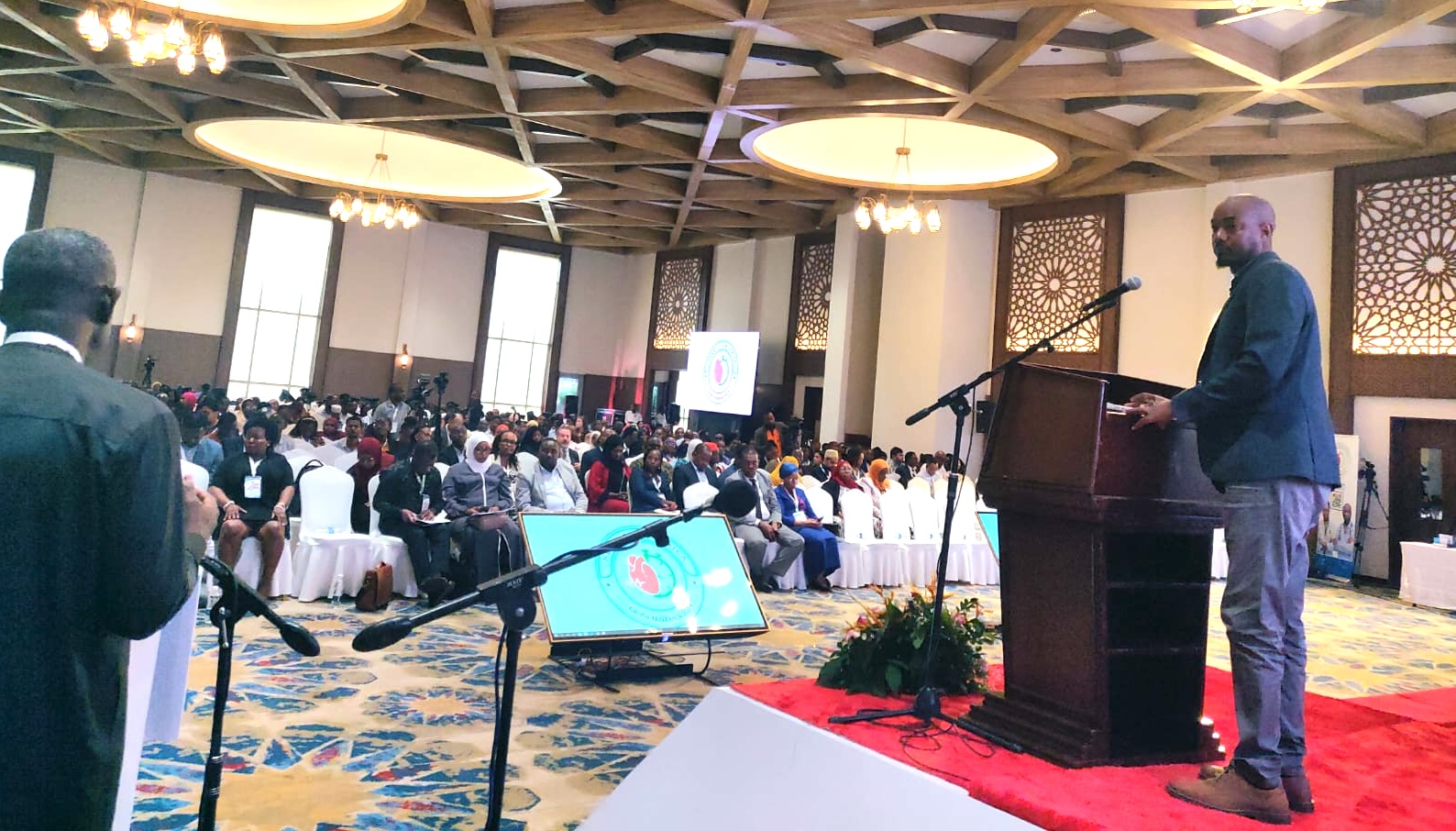
#CARDIOTAN2024: Ifakara underlines research, partnerships for advancing cardiovascular care

From February 9th to 10th, 2024, the Jakaya Kikwete Cardiac Institute (JKCI) hosted their “Heart Team Africa Cardiotan 2024” international conference at the Golden Tulip Hotel in Zanzibar, focusing on the theme "Advances in Cardiovascular Care in Africa."
The strategic gathering commenced with an opening address by Dr. Philip Mpango, the Vice President of Tanzania, and concluded with remarks from Dr. Hussein Ali Mwinyi, the President of Zanzibar. Their presence underscored the urgency required to address cardiovascular challenges.
The coordination team featured Ifakara's Data Science and Mathematical Modelling team, led by Dr. Samson Kiware. On the second day, Dr. Kiware played a pivotal role as the moderator of a symposium focused on grant writing, partnership building, and the enhancement of research capacity.
The two-hour symposium was aimed at exploring progress in the field of cardiovascular health in low-income countries, emphasizing a multifaceted approach involving research, collaboration, technology integration, and sustainable capacity building.
This symposium aligned perfectly with Dr. Mpango's perspective that, for a long time, cardiovascular diseases have not received sufficient attention in Africa.
Addressing the increased prevalence of heart failure in the region, Dr. Mpango emphasized that in Tanzania "the prevalence of high blood pressure for individuals aged 25 and above ranges between 30 and 40%."
He stressed that research into the determinants of cardiovascular diseases must extend beyond conventional risk factors, shedding light on the role of local practices and cultural habits in determining the incidence of conditions that are particularly common in Africa.
